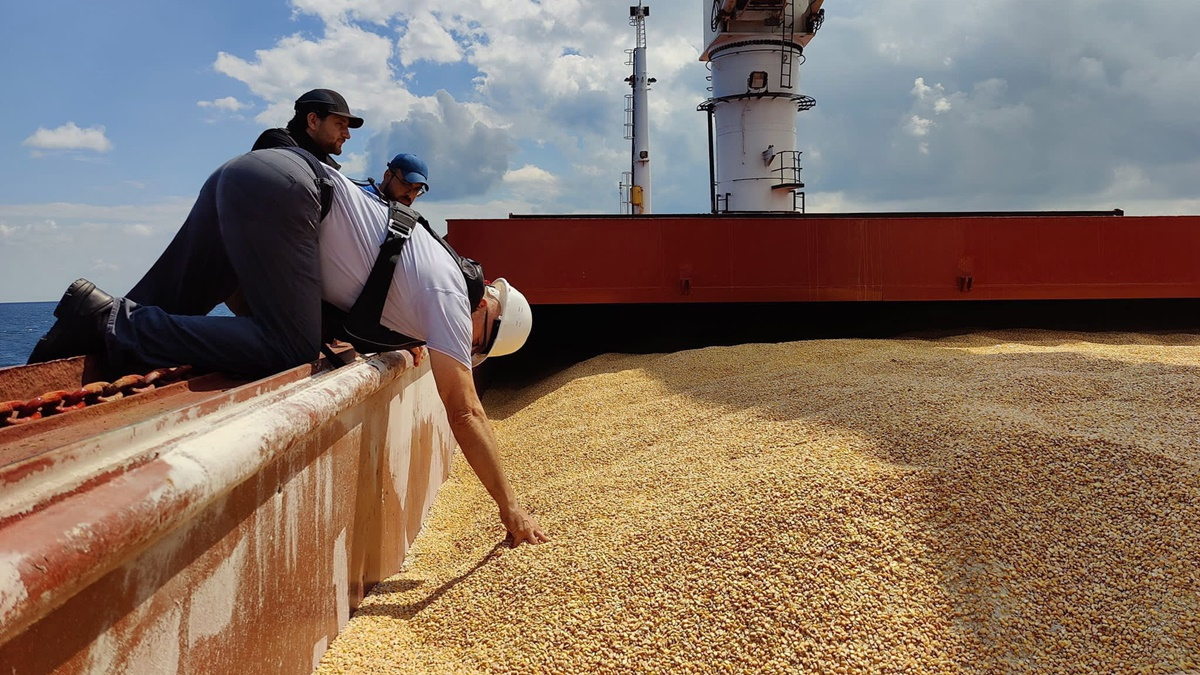The European Commission is not prepared to finance the transfer of surplus grain from Polish silos to Africa because the operation would not be profitable, the EU’s Agriculture Commissioner Janusz Wojciechowski has said.
The commission calculated that the transfer of 200,000 tons of wheat, under the World Food Program, would cost around $150 million (€140 million).
Polish farmers have experienced significant difficulty in offloading their domestic grain production following a sustained period of Ukraine dumping its cheap, uncontrolled grain in the EU.
Poland’s agriculture ministry had counted on a rise in grain prices, but this did not happen. Farmers’ protests led to a new minister of agriculture being installed, but the flow of Ukrainian grain has continued despite temporary import bans approved by Brussels.
The Polish government has promised to compensate grain farmers for the difference in prices and also to provide payments for fuel and fertilizers. However, the farmers are still haggling about the price and not releasing the grain. As a result, silos across the country remain full.
Farmers are increasingly concerned about what will happen upon completion of this year’s harvest. They say that production costs are higher than ever and they are likely to incur heavy losses.
The government claims that it has taken the necessary action to increase the capacity of ports to handle grain exports, and compensation payments have been increased for up to 300 hectares of harvested land. It has also made low-interest loans available to help with cash flow.
The bottleneck still seems to be at the level of the silos. Farmers are just not able to get the grain into the silos because they are still full, and wholesalers cannot purchase more without having the necessary silo space available. Farmers claim this is because grain is still pouring in from Ukraine. The government, however, disputes this, saying only grain that was contracted before mid-April has been allowed in of late; it estimates that only 16,000 tons have arrived since then.
Still, Agriculture Minister Robert Telus admits that there are 8 million tons of Ukrainian grain in Polish silos. This is twice the amount that appeared in statistical data released by the EU’s agriculture commissioner.
Polish farmers last week protested in front of the European Commission building in Brussels to demand the reintroduction of import duties and greater financial support from the EU.






